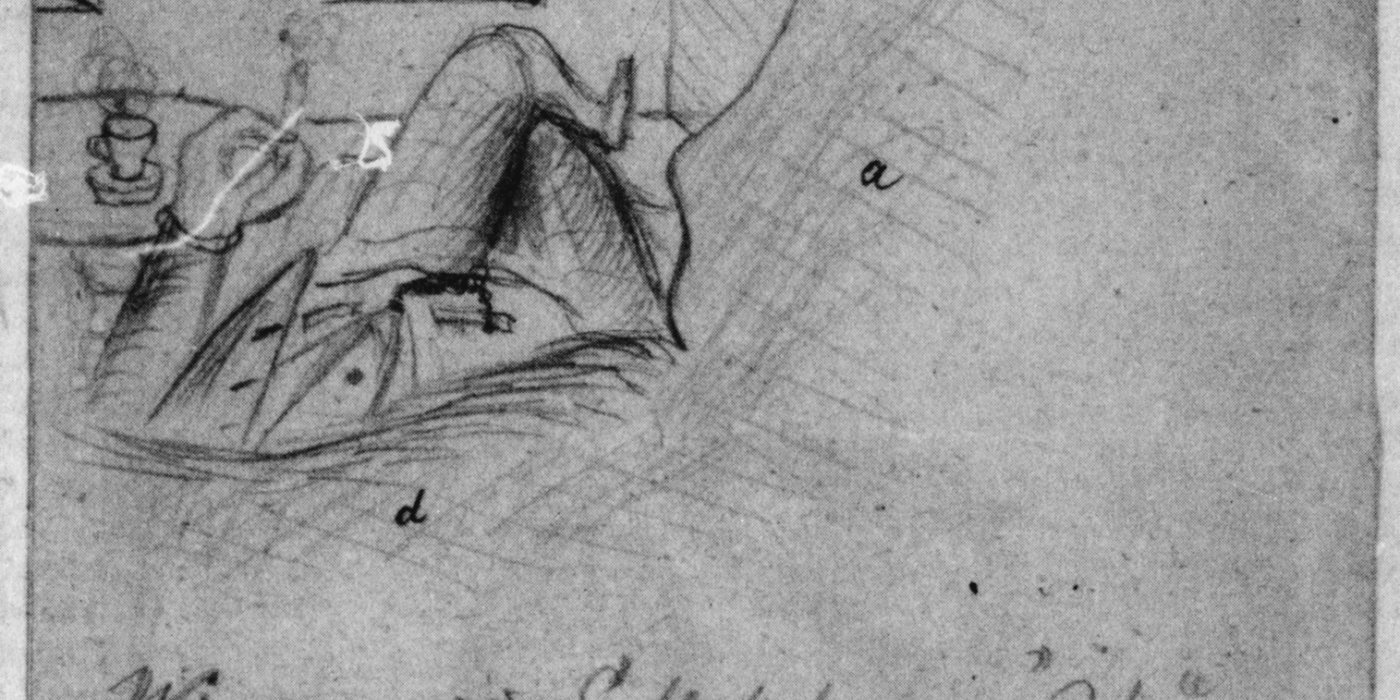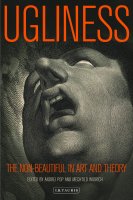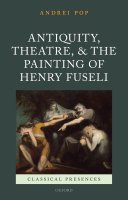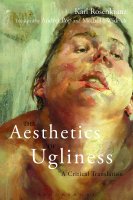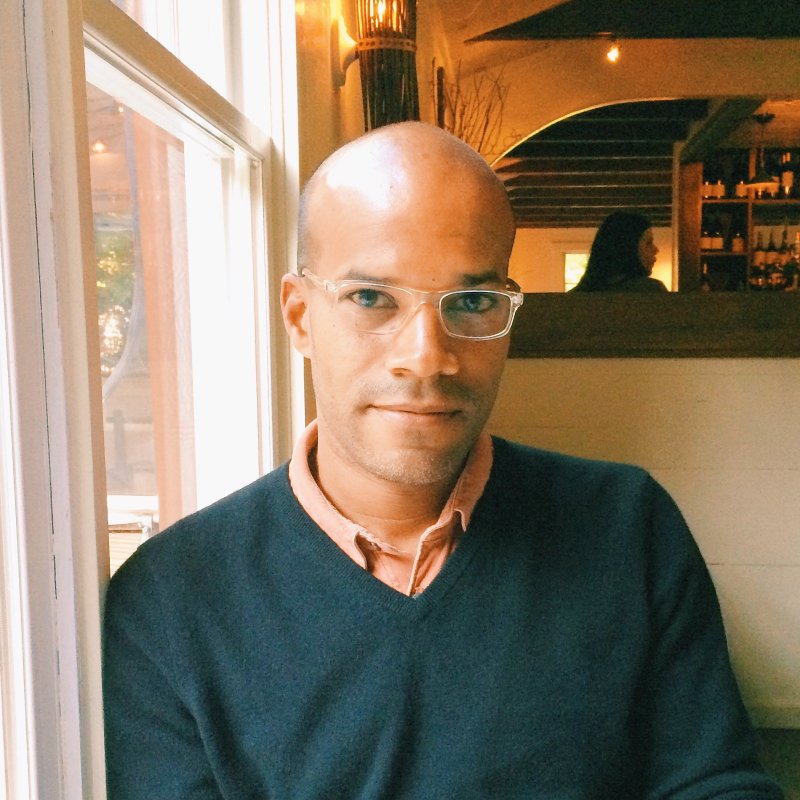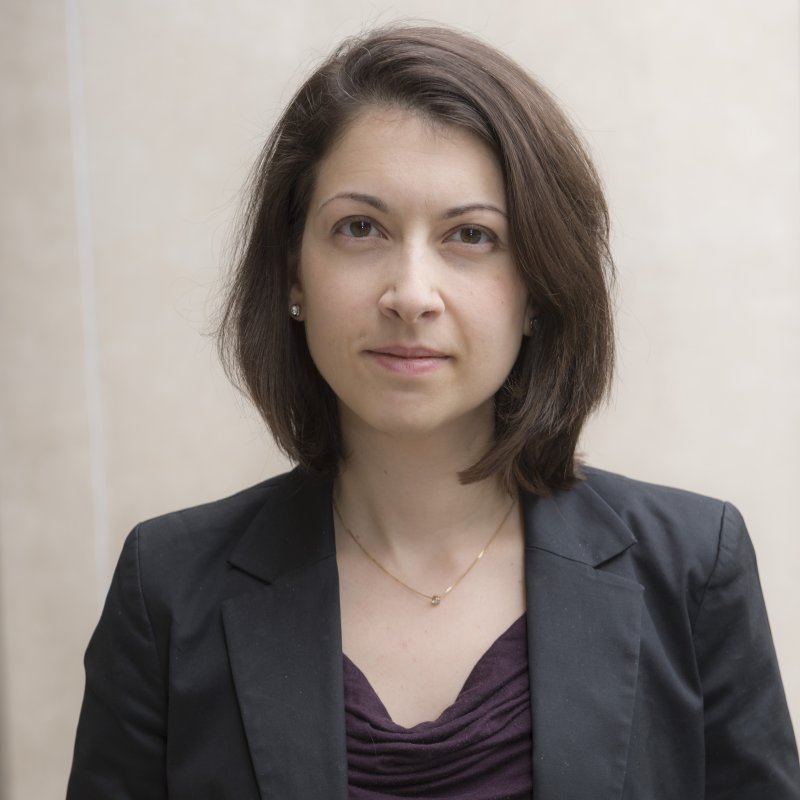Biography
Andrei Pop is interested in narrative art, the relation between thinking and imaging, and between subjectivity and reality in art of the modern period. His first book, Antiquity, Theatre, and the Painting of Henry Fuseli (Oxford, 2015) considered the novel tendency to view ancient Europeans as distinct cultures in the era of the French revolution. An edited volume on Ugliness (Tauris, 2014) and a commented translation of Karl Rosenkranz's 1853 Aesthetics of Ugliness (Bloomsbury, 2015), both with Mechtild Widrich, address the continued relevance of aesthetic categories, particularly negative ones, in art and social life. Pop's second monograph, A Forest of Symbols (Zone, 2019) investigates the related ways in which poets, visual artists, philosophers and mathematicians around 1900 turned their attention to the very means of symbol-making in various efforts to overcome the unintelligible privacy of meaning. Related projects, on allegory, the first-person view, and painter-printmakers, on Poe and Manet and Henry James and on topics in the aesthetics of fiction, are in development. Longer-term interests include the imagination of the future in the nineteenth and twentieth centuries, the nineteenth-century mathematician-philosopher-priest Bernard Bolzano, and the collaboration between the eighteenth-century caricaturist James Gillray and his publisher Hannah Humphrey.
Before coming to Chicago, Pop taught at the Universities of Vienna and Basel, and he maintains an interest in international scholarly exchange, some of which resulted in his editing of theory and historiography reviews for the online journal caa.reviews (2013-19). Besides Art History and Social Thought, he also serves on the faculty of the College’s Fundamentals program.
